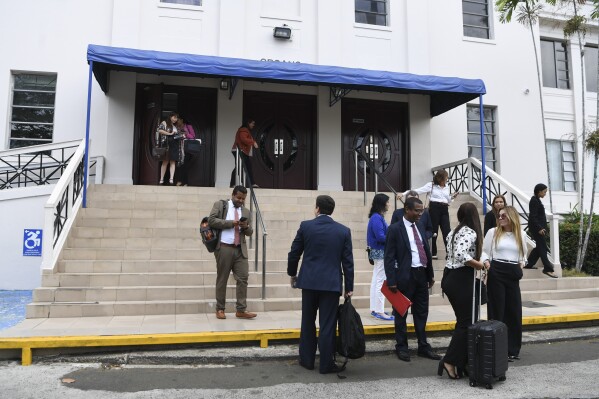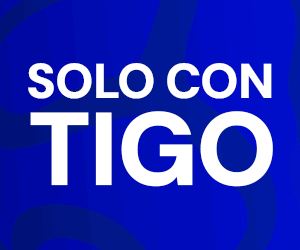The trial of 27 people opened Monday in Panama from charges stemming from the Panama Papers, a cache of millions of financial documents that exposed money laundering and worldwide tax evasion networks.
Among those on trial are the owners of the Mossack-Fonseca law firm, the company that was central to the 2016 massive document leak, which detailed how the world’s richest people hide their assets.
Jurgen Mossack and Ramon Fonseca Mora, the founders of the now-defunct law firm, are facing money laundering charges. Also facing charges in the case are former company employees and lawyers who represented the firm.
Mossack, 76, was in the courtroom Monday, but Fonseca, 71, is in a hospital in Panama, according to his lawyer.
The case is based on allegations the law firm set up shell companies to acquire properties in Panama with money from a large corruption scheme in Brazil known as the Car Wash, or Lava Jato in Portuguese.
Fonseca has said his law firm had no control over how clients used offshore vehicles created for them.
Carlos Barsallo, a lawyer and former head of Transparency International’s Panama office, told Agence France-Presse, “The crux of the matter is whether a crime was committed in Panama or not under the regulations at the time.”
Mossack and Fonseca were acquitted on other charges in 2022.
The release of the Panama Papers’ 11 million documents had worldwide repercussions that led to the resignation Iceland Prime Minister Sigmundur David Gunnlaugsson.
The implications of the tax evasion scandals on some of Iceland’s politicians and financial elite rattled the country so much that the controversy eventually led to the collapse of the government and a second snap parliamentary election was held in a year.
U.S. prosecutors say Mossack-Fonseca tried to hide the assets of its U.S. clients from the Internal Revenue Service with sham entities.
Pakistan, meanwhile, barred Prime Minister Nawaz Sharif from running for office for life after details about his financial life appeared in the leaked documents.
Panama does not extradite its own citizens to face charges in other countries.
Heads of state, including Russian President Vladimir Putin, as well as sports figures, politicians and billionaires, also endured greater scrutiny about their finances after the files were made public.
The files were leaked to the German newspaper Suddeutsche Zeitung, which then shared the files with the International Consortium of Investigative Journalists. The consortium began writing reports about the files with other media outlets in 2016.
The files dealt a blow to Panama’s image as an offshore financial tax haven. The Central American country has made reforms since, but the blow to the country’s financial image remains.
Olga de Obaldia, executive director of Transparency International in Panama, told Agence France-Presse, “Changes are happening, but more action is needed.” (https://www.voanews.com/a/panama-papers-money-laundering-trial-opens-/7562299.html)





































